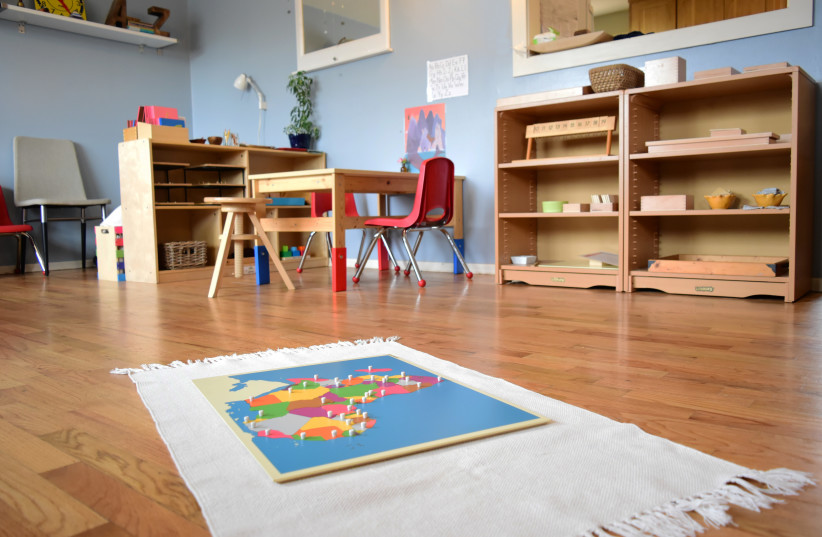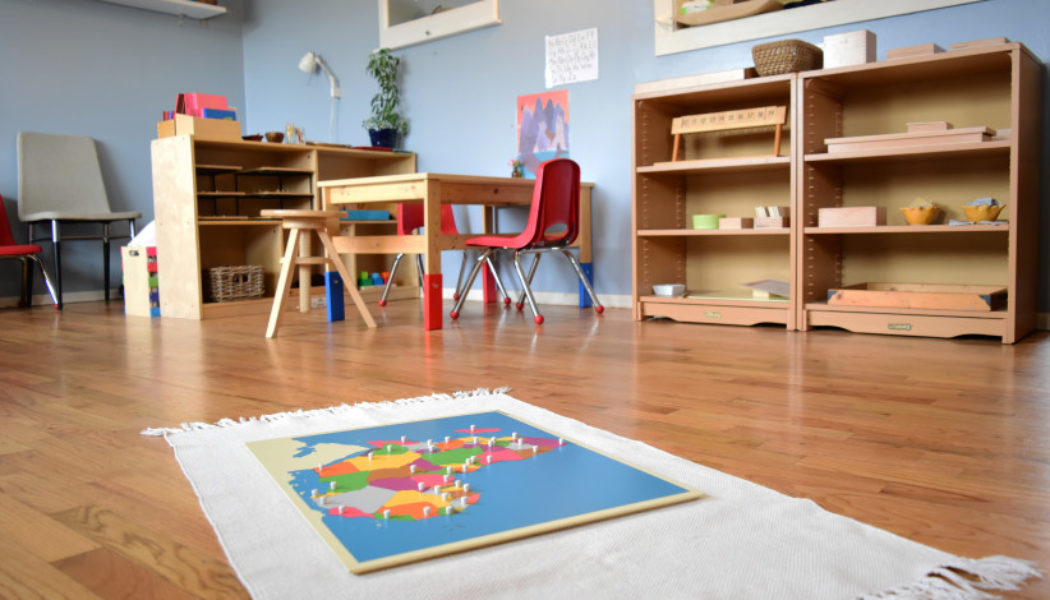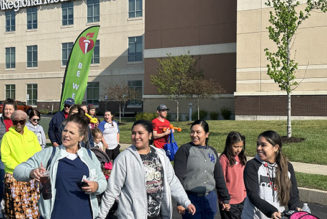Children as young as four can be taught to adopt a healthy lifestyle, exercise, drink water instead of sweetened beverages, avoid obesity and even educate their parents about how to avoid chronic diseases that result from it, according to a new Israeli study of youngsters in 74 kindergartens.
The effects of an intervention program among kindergarten teachers in a health-education program in 42 kindergartens (1,048 children) were compared to 32 kindergartens (842 children) whose teachers did not undergo this training program. The eight-month intervention program focused on such goals as basic mathematical knowledge, logical and critical thinking, self-regulation and control acquisition, and sensible decision-making abilities.
The study was just published in the journal Nutrients, entitled “Developing Healthy Lifestyle Behaviors in Early Age – An Intervention Study in Kindergartens.” It was carried out by researchers from Tel Aviv University’s School of Public Health; Hebrew University-Hadassah’s Braun School of Public Health and Medical School; the Technion and the University of Haifa.
“Childhood obesity prevention is a leading public health challenge requiring the adoption of healthy lifestyles at an early age,” wrote Ronit Jakobovich, Elliot M. Berry, Asia Levita and Diane Levin-Zamir. “In developed countries, more than a quarter of children of kindergarten age are overweight or obese, and the prevalence is increasing, leading to long-term effects on morbidity in adolescence and adulthood.
“Already by the age of three, poor eating habits have been observed, including consuming foods and drinks high in energy, with few fruits and vegetables. Excessive screen-time has been shown to encourage eating snacks and sweet drinks, along with reduced physical activity. The long-term consequences of childhood obesity lead to adult obesity and chronic diseases such as the metabolic syndrome, some cancers, joint complications and psycho-social problems.”

Because of this, it’s important for pre-school children to acquire healthy lifestyle habits at an early age, when behavior is shaped that is more likely to be maintained throughout their lifetimes.
Learning through personal experience
The team showed that even young children can learn effectively by experimentation through structured, play-based activities that engage them in their design, implementation and evaluation – all by active, participation in situations that necessitate applying knowledge that results in behavioral changes.
“The children act within a social context and determine and control behaviors by themselves (self-regulation) through cognitive processes, as well through observing and imitating others in their environment…The earlier the intervention program begins, the greater the improvement attained over time.”
The study targeted two populations. The first was kindergarten teachers who had to learn about healthy lifestyles, design an educational intervention for the children based on proper nutrition and physical activity, and encourage the integrative application of mathematical-logical language to themes and activities associated with daily life.
The second was the children themselves, who learned about improved lifestyles and became aware of their bodies by talking about their feelings after physical exercise, “what is important for my body” and “what and how much do I eat and drink.” They were also encouraged to ask their parents to send them to kindergarten with healthy, mid-morning snacks.
A total of 47% of the children even expressed themselves in emotional terms, with most of them voicing enjoyment, fun and capability like “I can do more,” “My heart beats twice as fast” and “I had fun because I jumped a lot.”
At the end of the experiment, changes were reflected in the quality of their midmorning snack, such as a reduced consumption of sweets and munchies, the greater consumption of fruits and vegetables, preference for sandwiches with healthy fillings and drinking plain water.
“We believe that these changes relate to the self-regulatory abilities that develop during early childhood, including the ability to persevere, delay gratification, take responsibility and display self-control. We have also shown that kindergarten children were able to influence their parents when they brought from home their mid-morning snacks.
“The intervention program did not include the parents directly, but the improvement in the composition of snacks which parents prepared at home was probably due to the children’s direct communication with them regarding the teaching of the topic in kindergarten.”
The team concluded that the Education Ministry should encourage such interventions in kindergartens around the country to promote healthy lifestyles and also teach about controlled exposure to the sun, using sunscreen, reducing sedentary activity and protecting their teeth. It should be taught in all grades to educate youngsters throughout their school years.








